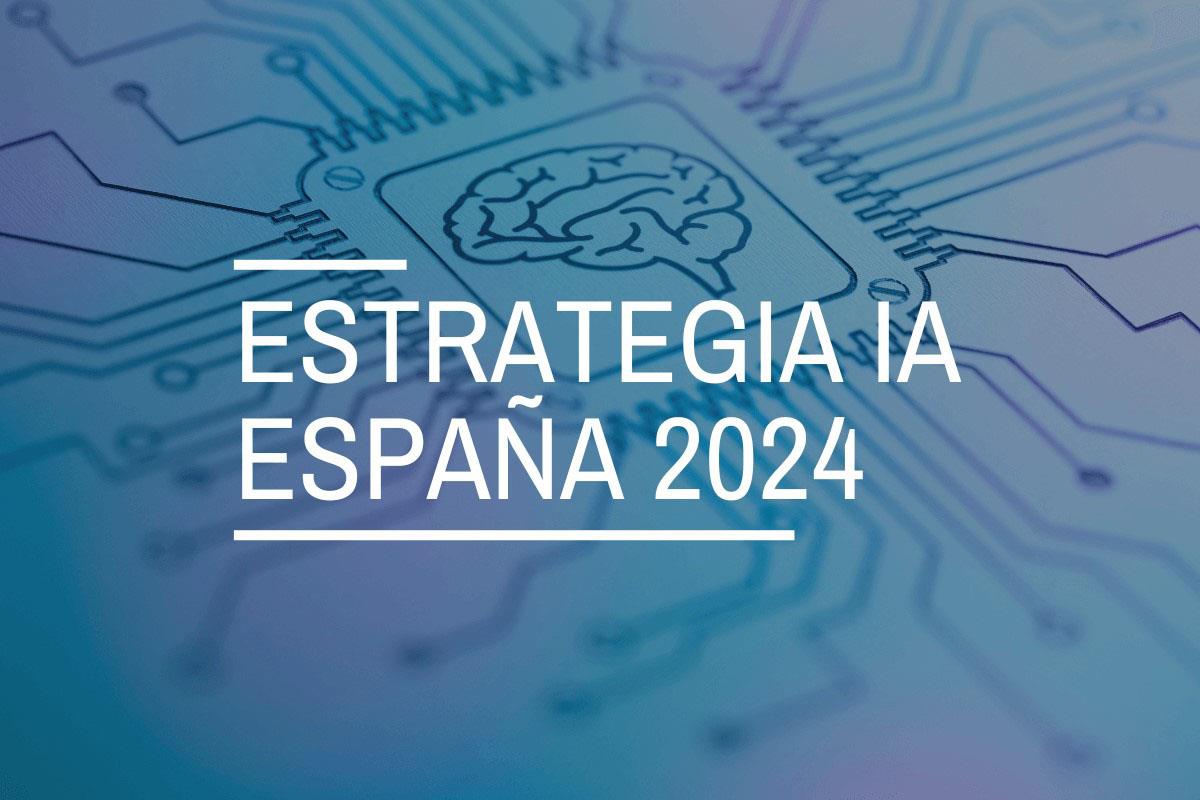18 posts found
The European Union's Guide to the Deployment of the Data Governance Act: public sector intermediary services
The Data Governance Act (DGA) is part of a complex web of EU public policy and regulation, the ultimate goal of which is to create a dataset ecosystem that feeds the digital transformation of the Member States and the objectives of the European Digital Decade:
A digitally empowered population and h…
Common mistakes in the development of a data strategy
In an increasingly data-driven world, all organisations, both private companies and public bodies, are looking to leverage their information to make better decisions, improve the efficiency of their processes and meet their strategic objectives. However, creating an effective data strategy is a chal…
Open data in local authorities: priorities and highlighted datasets
Local public bodies, such as county councils and municipalities, play a crucial role in opening their data to the public. Making data available to citizens not only builds trust in institutions, but also drives innovation, facilitates citizen participation and promotes informed decision-making. Thro…
Data reuse and data governance in the new AI 2024 strategy
The Artificial Intelligence Strategy 2024 is the comprehensive plan that establishes a framework to accelerate the development and expansion of artificial intelligence (AI) in Spain. This strategy was approved, at the proposal of the Ministry for Digital Transformation and the Ci…
High-value meteorological datasets
The cross-cutting nature of open data on weather and climate data has favoured its use in areas as diverse as precision agriculture, fire prevention or the precision forestry. But the relevance of these datasets lies not only in their direct applicability across multiple industries, but also in thei…
Data intermediaries and their role in the Data Governance Act
Data is a key part of Europe''s digital economy. This is recognised in the Data Strategy, which aims to create a single market that allows free movement of data in order to foster digital transformation and technological innovation. However, achieving this goal involves overcoming a number of obstac…
Challenges and uncertainties for the deployment of the Data Economy in Europe
Four years after the publication of the European Commission's Communication 'A Data Strategy', the European Commission has published a Communication on the European Commission's 'Data Strategy'A Data Strategy' (February 2020) (February 2020) - setting out the broad outlines of the broad outlines of…
New Year's resolution: Apply the UNE data specifications in your organisation
As tradition dictates, the end of the year is a good time to reflect on our goals and objectives for the new phase that begins after the chimes. In data, the start of a new year also provides opportunities to chart an interoperable and digital future that will enable the development of a robust data…
European data regulation faces the challenge of a harmonized application that will boost data sharing
Two of the European Union's most relevant data regulations will soon articulate the legal contours that will delineate the development of the data economy in the coming years. The Data Governance Act (DGA) has been fully applicable since September 24, 2023, while the wording of the Data Act (DA) was…
From data strategy to data governance system (part 1)
More and more organisations are deciding to govern their data to ensure that it is relevant, adequate and sufficient for its intended uses, i.e. that it has a certain organisational value.
Although the scenarios are often very diverse, a close look at needs and intentions reveals that many of these…









